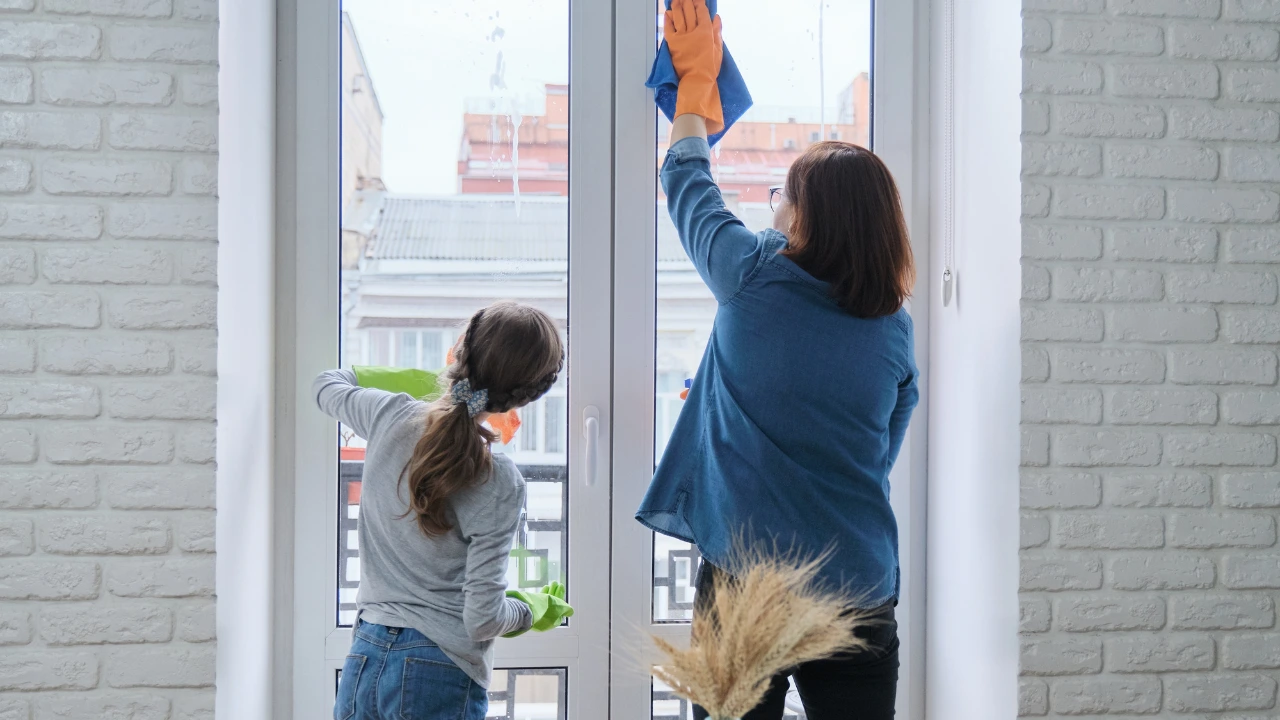
Show Love to Your Home with These Pest Prevention Tips
Last updated on February 15th, 2025 at 10:31 am
Your home is more than just four walls and a roof—it’s a sanctuary, a place of comfort, and a reflection of who you are. Implementing effective pest prevention tips is a crucial way to protect it from unwanted invaders. Just like any relationship, your home needs care and attention to stay in its best condition. One of the most loving things you can do for your home is to keep it pest-free. Pests like termites, cockroaches, rodents, and mosquitoes can cause serious damage to your property and pose health risks to your family.
Integrated pest management (IPM) is a sustainable approach to pest control that combines various methods, including biological, chemical, and physical techniques, to reduce pesticide use and tailor plans based on ecosystem health.
By taking preventive measures and following essential pest prevention tips, you can protect your home and create a safer, healthier living space. Here’s how you can show love to your home by keeping it pest-free.
Understand the Importance of a Pest-Free Home
Many homeowners underestimate the impact pests can have on their property and well-being. Here’s why maintaining a pest-free home should be a top priority:
What is Pest Prevention?
Pest prevention is a proactive approach to managing pests that involves taking steps to prevent them from entering your home and causing damage. It is an essential part of maintaining a clean, healthy, and comfortable living environment. Pest prevention involves a combination of good housekeeping practices, proper food storage, sealing entry points, and using pest control methods to deter pests. By preventing pests from entering your home, you can avoid the risks associated with pest infestations, such as damage to property, health risks, and financial losses.
Protecting Your Home’s Structure
Pests can cause significant damage to your home’s structure, including walls, floors, and ceilings. Termites, carpenter ants, and rodents are common pests that can cause structural damage. To protect your home’s structure, it is essential to seal all entry points, including cracks and crevices, and to keep your home clean and tidy. Regularly inspecting your home for signs of pest activity and addressing any issues promptly can also help prevent structural damage.
Safeguarding Your Family’s Health
Pests can pose significant health risks to your family, including the transmission of diseases and triggering allergies and asthma. Cockroaches, bed bugs, and rodents are common pests that can spread diseases and trigger allergies. To safeguard your family’s health, it is essential to maintain a clean and tidy home, store food properly, and use pest control methods to deter pests. Regularly washing your hands, especially after handling food or pets, can also help prevent the spread of diseases.
Maintaining a Comfortable Living Environment
Pests can make your home uncomfortable and unlivable. Bed bugs, cockroaches, and rodents can cause stress and anxiety, making it difficult to relax and enjoy your home. To maintain a comfortable living environment, it is essential to prevent pests from entering your home and to address any pest issues promptly. Regularly cleaning and tidying your home, storing food properly, and using pest control methods can help maintain a comfortable and pest-free living environment.
Protecting Your Home’s Structure
Termites, one of the most destructive pests, can silently damage the wooden structure of your home. If left unchecked, they can weaken foundations, furniture, and even walls. Other pests like rodents can gnaw on electrical wiring, increasing the risk of fire hazards. Effective pest management is crucial in maintaining a clean, healthy, and comfortable living environment.
Safeguarding Your Family’s Health
Pests carry bacteria and diseases that can affect your family’s health. Sealing cracks and other entry points is essential to prevent pests like cockroaches and rodents from entering your home and spreading harmful pathogens that cause food poisoning and respiratory issues. Mosquitoes, on the other hand, are known carriers of diseases like dengue and malaria.
Maintaining a Comfortable Living Environment
A home infested with pests is neither comfortable nor welcoming. The sight of cockroaches scurrying across the floor or the constant buzzing of mosquitoes can make your home feel unclean and stressful. Using a vacuum cleaner with a HEPA filter can improve air quality and enhance pest control effectiveness. Keeping pests at bay ensures a peaceful and hygienic environment.
Preventive Measures to Keep Pests Away
Prevention is always better than cure. Instead of waiting for an infestation to occur, take proactive steps to keep pests out of your home.
Maintain Proper Housekeeping
Did you know that 70% of effective pest control comes from good housekeeping? Pests are attracted to food, water, and shelter, so it is crucial to regularly clean your home to maintain a pest-free environment. Here’s how:
- Regularly sweep, mop, and vacuum floors to remove crumbs and spills.
- Store food in sealed containers and avoid leaving leftovers exposed.
- Dispose of garbage properly and ensure trash bins have tight-fitting lids.
- Declutter your home, especially storage areas, to eliminate hiding spots for pests.
Proper Food Storage
Proper food storage is essential for preventing pests from entering your home. Pests are attracted to food, and storing food properly can help deter them. Use airtight containers to store food, and keep your kitchen clean and tidy. Regularly cleaning up crumbs and spills can also help prevent pests from entering your home. Labeling food containers and following label directions can also help prevent pest infestations.
Seal Entry Points
Pests enter homes through cracks, gaps, and holes. To control pests and prevent unwanted intruders:
- Inspect and seal gaps around doors, windows, and walls.
- Repair broken screens and vents to block insects and rodents.
- Use door sweeps and weather stripping to close off entry points.
Address Moisture Issues
Pests like termites and mosquitoes thrive in moist environments. Reduce excess moisture by:
- Fixing leaky pipes and faucets.
- Using dehumidifiers in damp areas.
- Ensuring proper drainage around your home.
Invest in Regular Pest Inspections
Routine pest inspections can help detect early signs of pest problems. Professional pest control services can assess potential risk areas and implement preventive treatments before problems escalate.
Natural and Safe Pest Control Methods
If you prefer eco-friendly solutions, consider these natural pest control methods to protect your home without harmful chemicals.
Essential Oils as Natural Repellents
Certain essential oils are effective in repelling pests. Try these:
- Peppermint oil to deter rodents and spiders.
- Tea tree oil to keep ants away.
- Lavender oil to repel mosquitoes and moths.
DIY Pest Traps
You can create simple, non-toxic traps using household items. Additionally, using a vacuum cleaner is an effective tool in physical pest control methods, helping to maintain cleanliness and actively remove small pests during cleaning routines:
- A mixture of sugar and baking soda to control cockroach infestations.
- Vinegar and dish soap to trap fruit flies.
- Peanut butter bait for rodent traps.
Planting Pest-Repelling Herbs
Some plants naturally repel insects. Consider adding these to your garden:
- Basil to ward off flies and mosquitoes.
- Rosemary to deter ants and beetles.
-
Mint to keep rodents and spiders away.
Professional Pest Control: When to Call for Help
While DIY methods can help in minor cases, a full-blown infestation requires professional intervention. Here are signs that indicate it’s time to seek pest control services:
-
Frequent sightings of pests despite preventive efforts.
-
Unusual damage to furniture, wiring, or stored food.
-
Droppings, nests, or unpleasant odors from hidden pests.
-
Sudden increase in insect bites or allergy symptoms.
Professional pest control companies offer specialized treatments tailored to your home’s needs. Their expertise ensures long-term protection and peace of mind.
Make Pest Prevention a Year-Round Habit
Keeping your home pest-free isn’t a one-time effort—it requires consistent maintenance and adherence to effective pest prevention tips. Here’s how you can incorporate pest prevention into your routine:
-
Conduct seasonal inspections and deep cleaning.
-
Stay vigilant during peak pest seasons (summer and rainy months).
-
Educate family members on best pest prevention practices.
-
Work with a trusted pest control provider for regular treatments.
Conclusion: Love Your Home, Keep It Pest-Free
Your home is your safe haven, and it deserves care and protection. By adopting good housekeeping habits, sealing entry points, using natural pest control methods, and seeking professional help when necessary, you can maintain a pest-free environment for your family.
Show love to your home by keeping it clean, safe, and comfortable. A little effort goes a long way in ensuring that your home remains a sanctuary free from unwanted pests.
Remember, a pest-free home is a happy home! Book us today!
